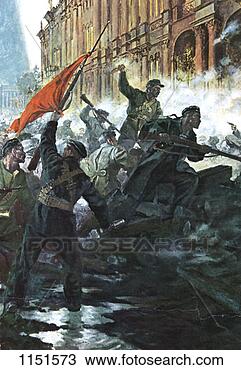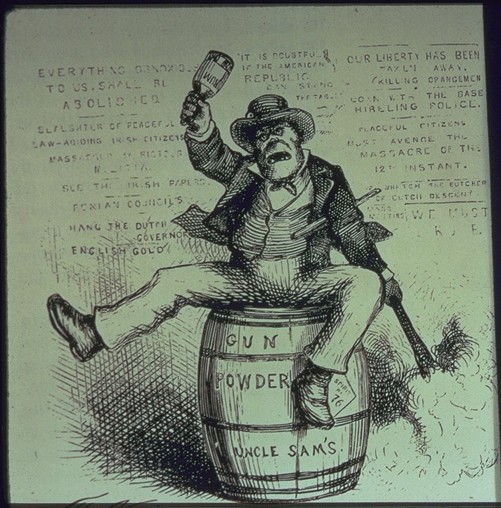Anna comes out of this as the emblem of the drifting individual. The closing scene aptly captures this--she slowly approaches the stationary camera head on, growing from one of Harry Lime's dots to her full figure. Her attachment to Harry, borne out of her rescue from repatriation to the Russian sector, makes her the modern Antigone in the words of one critic and does perhaps redeem her. Her character's oblique reference to the Prague Coup of 1948, for example, allows us to sympathize with her plight. There is also something compelling in her indictment of Holly. His betrayal of his best friend is no small task, and it comes in the service of enforcers of justice who have lost much of their legitimacy. The black market is not some fringe phenomenon in Vienna after all, and those who attempt to control it fail to understand the desperation of the times.
Like the other two films studied in my group, this adds the central dimension of tragedy to The Third Man. The tragedy itself becomes the lamentation of the film, not the compromises made by individual characters. If there is one glimmer of hope it comes, ironically, from Harry Lime himself. His suggestion from his famous cuckoo-clock speech, that good and evil can be magnified by each other, seems to ring true in the sentiments of Holly Martin's new book. Is evil necessary for their to be good, and can laying evil bare create virtue? Perhaps. But this old idea better fits Renaissance Florence than post-war Italy in film's perspective.



